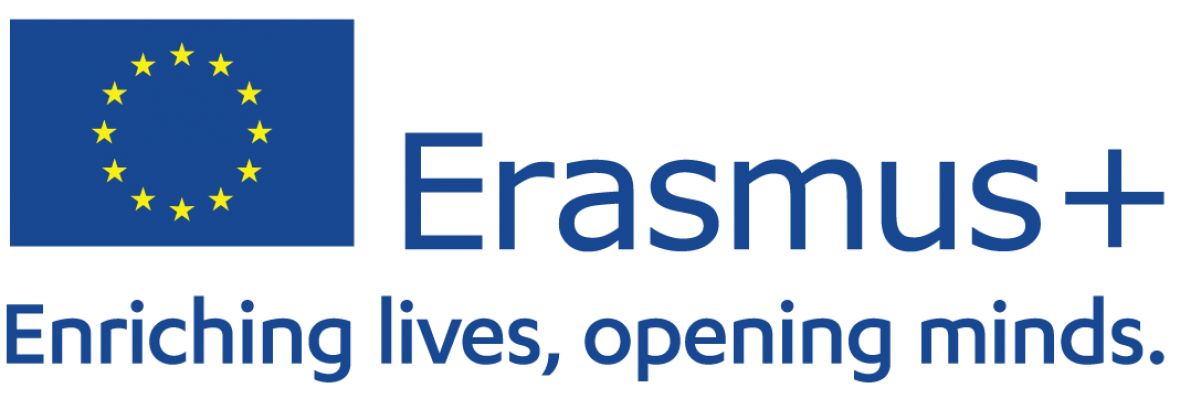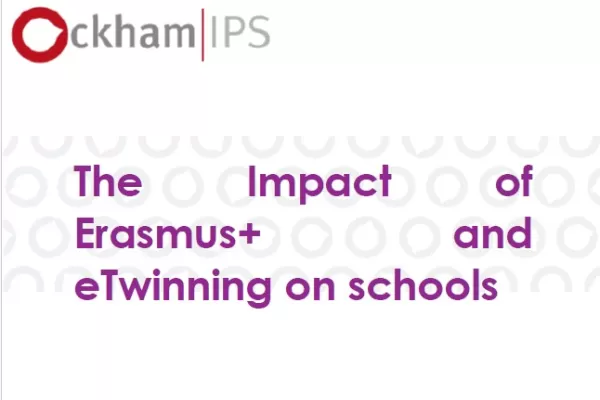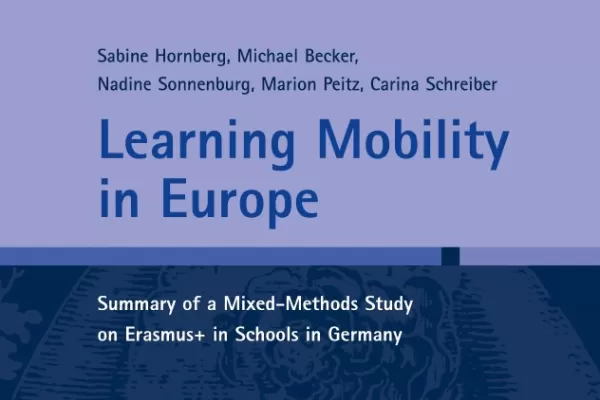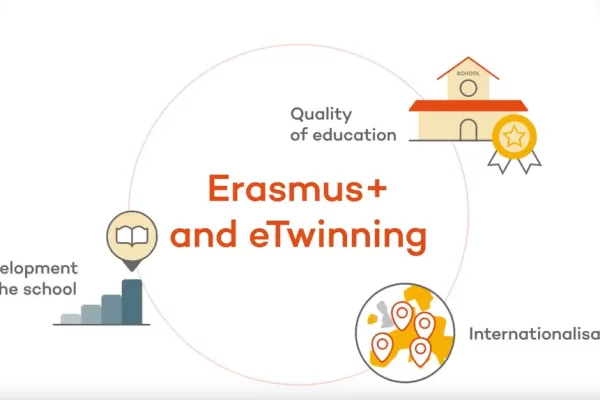Resume
The results of the study have confirmed that participation in Lifelong Programme activities has a positive impact on the majority of variables at the levels of schools, teachers and pupils. Among the most significant factors with respect to schools for which a high percentage of headmasters and teachers assessed that they had a long term positive impact are primarily those, which contribute to the building of a learning community and thus a more successful introduction of reforms; i.e. the school headmaster’s support to teachers, cooperation between teachers and the headmaster, the headmaster’s interest in teachers’ work, teachers’ commitment to common goals, and the development of a culture of collegiality amongst the staff. When assessing the impact of project participation on the work and competencies of teachers a high share of the surveyed headmasters and teacher coordinators assessed that the participation in the LLP programme also has a high long-term impact on the variables which contribute to the readiness of teachers to adopt innovations (e.g. knowledge and understanding of education systems in partner countries; cooperation and coordination among teachers and implementation of inter-curricular links). In relation to the impact on pupils a high share of respondents assess that the participation in the LLP activities has a high long-term impact on the non-cognitive aspects of learning, including self-confidence when using or speaking a foreign language, motivation, wish and interest in foreign language learning and acquisition of new knowledge, respect for diversity, as well as the awareness of different cultures.
The interviews indicated that the intensity and duration of the observed impact depends on a number of key factors, such as the role of school headmaster – whether (s)he actively incorporated the project work into school activities and school life, set up a climate of cooperation and mutual professional support, and developed commitment from teachers to common goals. Another important factor is the role of coordinators in the school and their ability to attract their colleagues to participate in the projects. Yet another factor is the ability of the school headmaster and teachers to keep the momentum going by ensuring the continuity of international collaboration.
Conclusions
- Participation in Lifelong Programme activities has a positive impact at the levels of schools, teachers and pupils.
- The effects are mostly seen in variables which contribute to the building of a learning community and thus a more successful introduction of reforms.
- The intensity and duration of the observed impact depends on a number of key factors, such as the role of school headmaster, role of coordinators in the school and the ability of the school headmaster and teachers to keep the momentum going by ensuring the continuity of international collaboration.
Recommendations
- Headmasters of schools that were “living” with the projects were capable and willing to integrate the LLP project activities into the life and work of the school and attract participation in the project from across the whole school community. These headmasters were actively involved in project activities, encouraging teachers with their positive attitudes, they made the school staff aware of the importance and added value brought to pupils by projects and they integrated the project’s management and work into the school’s action plans and the development vision of the institution.
- Teachers at schools that take the advantage of participation in projects to introduce changes into teaching practices and school
management in accordance with the national priorities, perceived cooperation with the headmaster in the sense of a partnership, and also felt that the headmaster had the ability to create an atmosphere of mutual professional support and trust. - Without the systematically invested effort
of headmasters and school development teams in the creation of opportunities for an open dialogue with teachers, addressing and accepting their views and beliefs, and development of the commitment to joint
objectives and values (including work on LLP projects) the projects remain at the fringe of school practice. This prevents the projects’ long-term impact on the school’s atmosphere and culture, as well as the ability
of schools to introduce changes, which are needed to achieve school reforms. - We can conclude that while headmasters and teachers assess that the projects, which have been or are still being implemented by the school within the LLP, have a positive impact on the majority of variables on the level of the school’s management and work the strength, intensity and duration of the impact depends on the individual schools and their leadership.
Download the report
- Impact of the Lifelong Learning Programme on primary and secondary education .pdf 3MB / pdf Download
More information?
Looking for more information about this project? Get in touch: info@cmepius.si.




